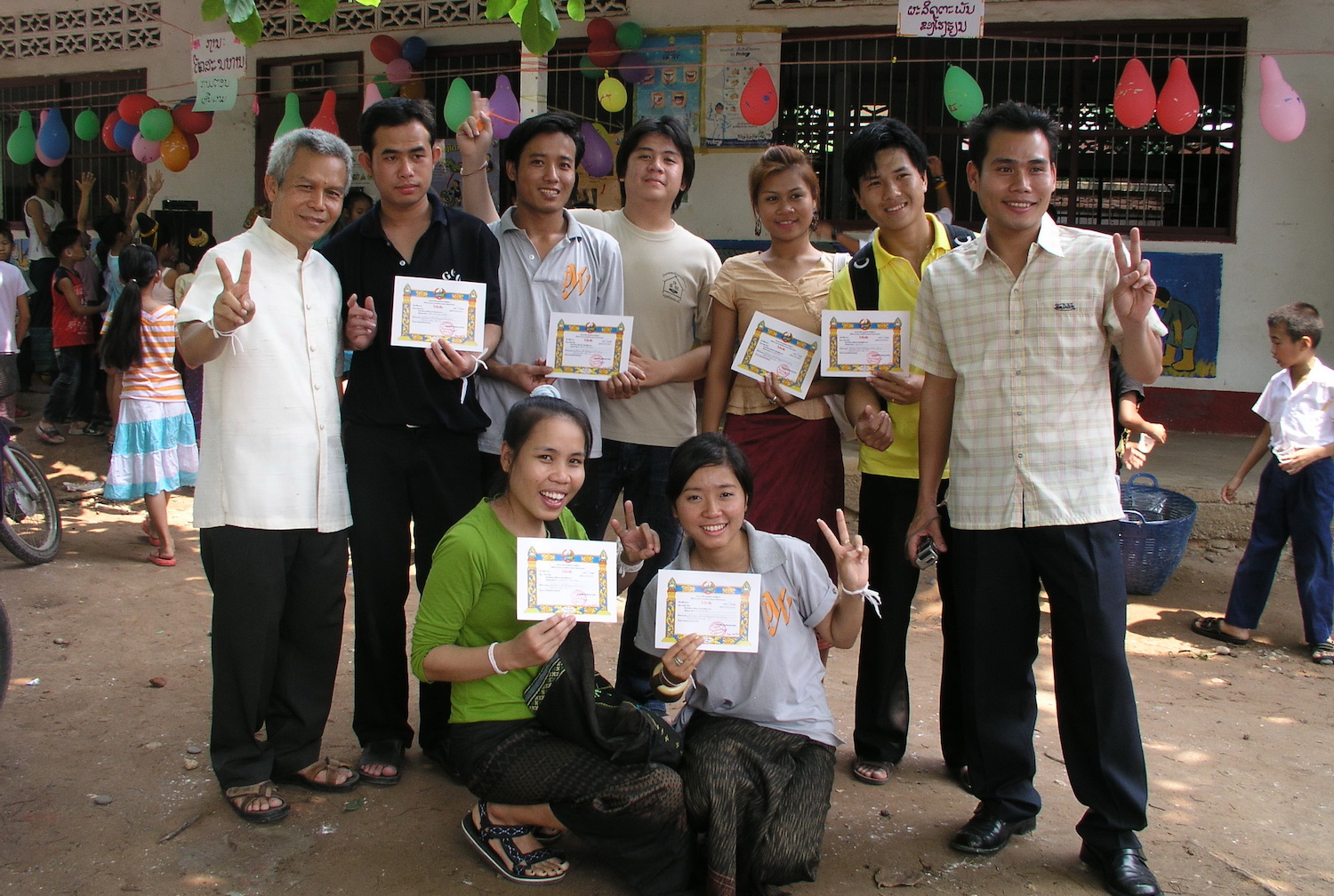Asian Correspondent: 24 April 2015
By Casey Hynes

Discussions about human rights and civil society’s role in the ASEAN community took center stage at the ASEAN Civil Society Conference/People’s Forum in Kuala Lumpur this week. More than 1,000 people gathered at the conference, which began Tuesday and ends today.
Former Malaysian Foreign Minister Tan Sri Syed Hamid Albar gave the keynote address on the first day of the conference. He argued for a review of the ASEAN’s stance on non-interference, saying there are limits to its usefulness in international diplomacy, “especially when the serious impacts of a problem goes beyond national boundaries, or when it involves serious international crimes.”
Malaysian politician Azmin Ali also criticized the non-interference policy in a speech to the forum: “[O]n this altar of neutrality, we watch with folded arms, the slaughter of innocent women and children,” he said, referring to incidents in Burma (Myanmar) and Laos among others. “On this platform of non-interference, we turn blind eye to the massacre of ethnic minorities or abandon them as state-less people.”
Ali also took aim at the widely criticized Sedition and Anti-Terrorism Laws Malaysia passed earlier this month. Human Rights Watch, Amnesty International, and the UN condemned the laws, saying they would violate citizens’ rights. He called the laws “an ‘insult’ to the judiciary and a double insult to all fair minded, peace loving people who cherish justice and freedom.”
“Just days preceding the passage of these laws, we witnessed a spate of arrests of leaders of the opposition and prominent leaders of CSOs,” Ali said. “We reiterate that the arrest and prosecution of lawmakers and leaders of civil society organisations constitutes a serious threat to democracy and rule of law.”
Jerald Joseph, chair of the APF’s Regional Steering Committee, told Asian Correspondent that the APF is a place where activists and civil society leaders from around the region could safely share their concerns and stories, holding their countries accountable by putting these issues in the spotlight. A number of panels and discussions were held on a range of issues, including women’s rights, migrant workers’ rights, opposition to the Trans-Pacific Partnership, and the persecution of Rohingya Muslims. A presentation on enforced disappearances included discussion of Sombath Somphone, the Laotian civil society leader who was kidnapped in Vientiane in 2013. Authorities have released little to no information on Sombath’s whereabouts, and the oppressive political climate in Laos makes it dangerous for activists to organize on his behalf.
Enforced disappearances are still used in Laos, and serve as a useful tool for silencing activists and civil society leaders raising legitimate concerns about human rights. Radio Free Asia reported that civil society organizations from Laos would likely refrain from making statements about human rights concerns at the APF because they feared retribution. RFA quoted a CSO official as saying: “Civil society organizations in Laos are under pressure to omit key concerns from a list of regional human rights issues to be raised on the sidelines of an Association of Southeast Asian Nations (ASEAN) summit in Malaysia this week and ‘fear for their safety’.”
Malaysia, the host country, found itself in the critical spotlight as activists condemned its hypocrisy on free speech and human rights. One activist pushed a Malaysian minister on the issue, asking, “[H]ow is Malaysia is going to ensure human rights are protected on an ASEAN level as ASEAN chair, when human rights are not even being protected in Malaysia?”
Thailand’s military government also came under fire, with activists openly criticizing the current regime, which took power in a coup in May 2014, and advocated a “junta-free ASEAN.” A statement released on the ACSC/APF website says:
[Discussants] found that the crisis in Thailand cannot be resolved while the military clings to power in collusion with conservative, royalist elites, with total disregard for the principle of democracy and choices of the people. Speakers emphasized that the blatant dismantling of democracy in Thailand can only pave the way for increasingly aggressive capitalist interests and further subjugation of the regular citizenry.
Charles Santiago, a member of Malaysia’s Parliament, told the forum that ASEAN is currently too concerned with corporate interests, rather than social benefits for the people.
“Civil society must serve as the conscience of society, same as politicians but they are sometimes distracted, they tend to forget their responsibility. It is my view, that civil society’s responsibility to remind the politicians about the duty to the voters as well as the ASEAN people,” he reportedly said.
He also called for laws protecting migrant workers who move through the ASEAN nations, saying “Domestic laws don’t protect migrant workers.” Santiago was one of several politicians who spoke on a panel titled “A Town Hall Open Discussion Between Civil Society and Parliamentarians.” Representatives from Singapore, Indonesia, Burma, Cambodia, and Thailand also participated.
